The list of acts is impressive: Robin Thicke, Pharrell, Madonna, Lana Del Rey, Vanilla Ice, Ray Parker, Jr., The Verve, Sam Smith, and the list goes on. These are acts who have – in the last 30 years – been sued for copyright infringement over some element contained within their music. Simply put, all these well-known musicians have had to defend their famous works against other artists who claimed they had ripped them off.
Robin Thicke and Pharrell ended up on the losing side of a spat with the Estate of Marvin Gay. While Pharrell and Thicke admitted to being inspired by Marvin Gay’s work, they swore that “Blurred Lines” – one of the biggest hits in 2013 – was an original all their own. A court felt the song was more than “inspired” by Gay’s earlier work: the court ruled it was an outright copy of the 1977 song “Got to Give IT Up”. The court ordered Robin Thicke and Pharrell to hand over more than $7 million dollars in unpaid licensing fees, plus a portion of their profits from the song.
In 2016, Madonna won a copyright infringement case brought against her, in which a 0.23-second section of horns from her hit 1990 song “Vogue” was alleged to have been taken from an earlier work called “Love Break”. Madonna came out on top even though her producer on the song, Shep Pettibone, also produced the “Love Break” composition. Pettibone’s involvement in both compositions, which would seem to have strengthened the case that horn section had been easily recycled by the Producer from an earlier work into Madonna’s song, wasn’t enough of a factor to lose the case for Madonna.

What is a Musical Composition
in Copyright Law?
So why do claims of musical copyright infringement have successful outcomes for some parties, but not for others? We would need to explore elements of copyright law that pertain to the protection of musical compositions.
With the Copyright Act of 1976, specific protections were placed on musical compositions. The Act details that anytime an original piece of music is written, a copyright exists. Registering the song with the US Copyright Office is not required, but it will offer further protections if the work is ever the basis for an infringement argument. With a copyright registration, a musical artist can protect specific aspects of the composition such as the rhythm or chord progressions for instance. To prove a copyright infringement, two elements must be proven: access and substantial similarity.
Access
Access determines whether it is possible or reasonable that the defendant in an infringement lawsuit could have been exposed to or come across the music. A hit song being played in public, or in regular rotation on the radio, may be enough for a court to believe that one artist had access to another artist’s work. Access alone could have planted an unintentional seed in another artist’s head that lead to the creation of “Substantially Similar” work.
Substantial Similarity
The element of substantial similarity becomes tricky when applied to copyright infringement because to be proven guilty, the defendant doesn’t have to have intended or knowingly rip off an element of another’s copyrighted musical composition. This means the other element, access becomes very important.
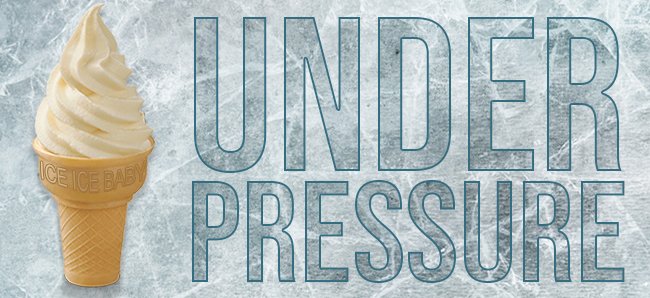
Take Vanilla Ice’s 1990 song, “Ice Ice Baby”. The baseline was an obvious sample from the 1981 Queen/David Bowie song “Under Pressure” and was featured for the entirety of the song. The similarity between the two songs could never reasonably be in dispute. So what one now had to consider was the issue of Access. Considering “Under Pressure” was a #1 hit in various countries, had reentered the Billboard Hit Chart numerous times since its original 1981 release, and even as recently as March 2018 continues to hit sales milestones (it was certified 2x Platinum for achieving over 2 million digital downloads), it takes literally no stretch of the imagination to assume Vanilla Ice had plenty of access to the song. Whether Vanilla Ice had intended to rip off Queen and David Bowie is not the issue. The elements of Substantial Similarity and Access had been met. In the end, Queen and Bowie were given songwriting credits for the sample used in Vanilla Ice’s hit song, thus entitling them to royalties.
How do I protect myself?
The elements of Copyright Law are not always clear cut. As an artist, inspiration can come from anywhere and often there is no intent to copy other’s work as what seemed to be the case for Pharrell and Robin Thicke. Yet in other instances, the intent seems more likely but because the similarity is not substantial enough, like in the instance of the seemingly insignificant 0.23-second horn section sample in the Madonna case, there is no legal relief rendered.
Copyright Law is complicated. That is why it is necessary to speak with an Intellectual Property Attorney if you are an artist who feels that you have had your musical copyrights infringed upon or if you have been accused of infringement. Only a properly trained and licensed IP attorney can help you determine if you have a strong case to claim or defend against infringement of if the evidence is simply not substantial enough. If you are a musical artist not in a copyright dispute, thank heaven and make sure you register your music with the copyright office. You’ll be grateful at some point in your career.
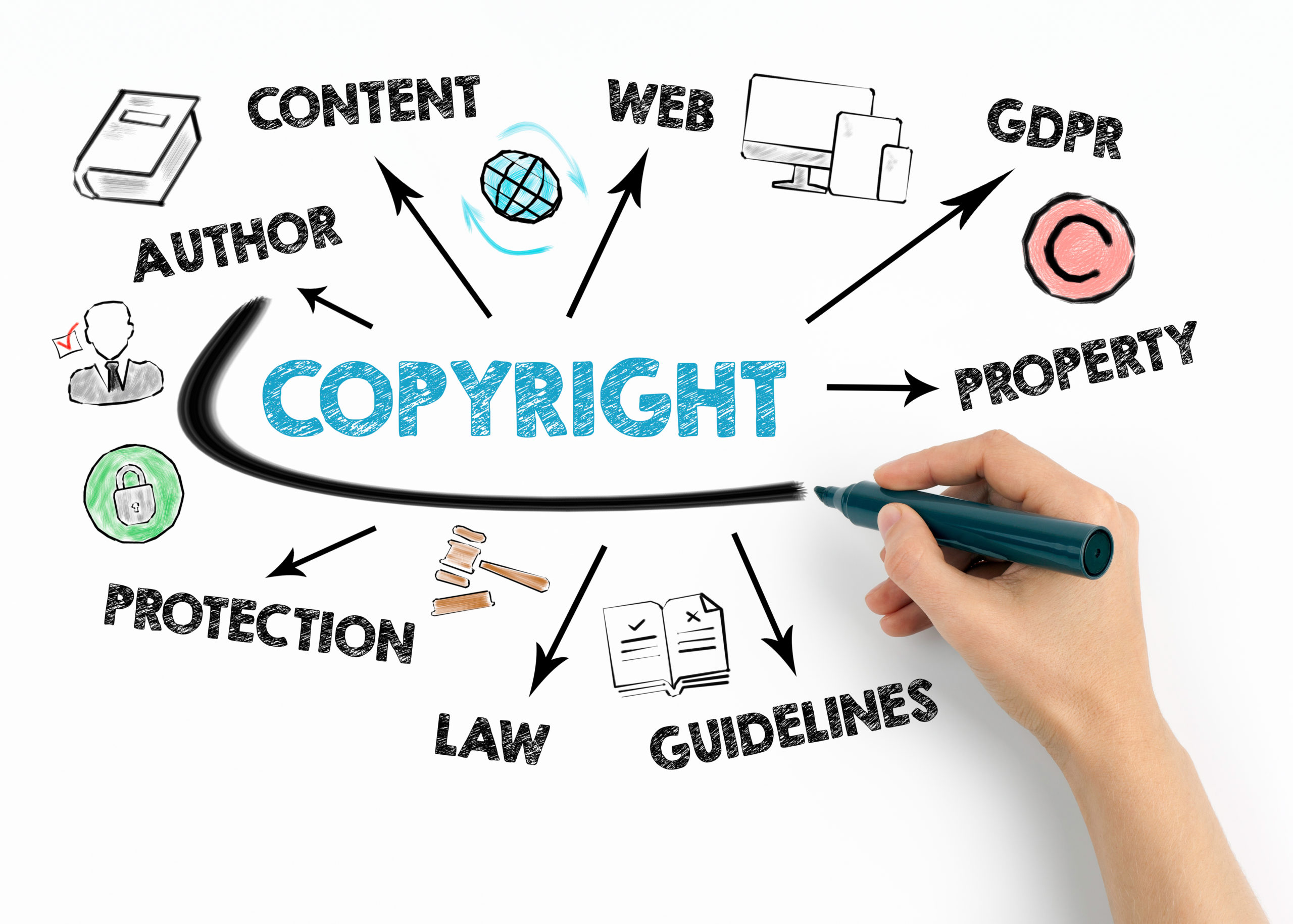
Law 4 Small Business, P.C. (L4SB) A little law now can save a lot later. A Slingshot company.

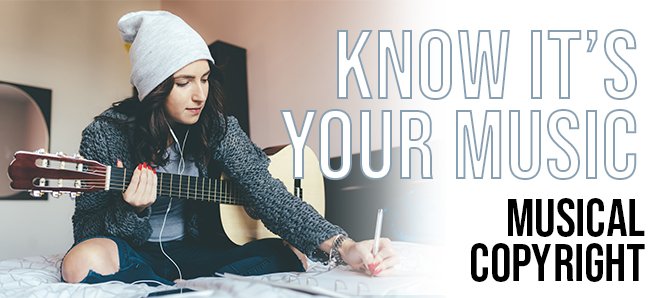

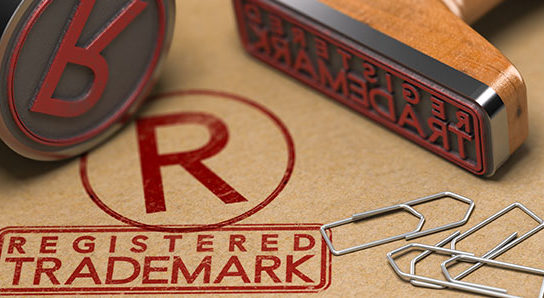
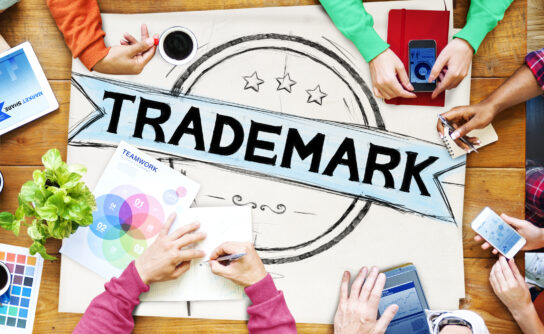
5 Comments
If a record producer does not receive a royalty from the sales or exploitation of the recording, nor has any rights to the lyrics or music to the song, can they still be held liable if the recording artist receives a cease and desist letter ?
Hi, Patrick.
If I’m understanding your question correctly, you’re wondering whether a Recording Producer can be held liable for any actions related to the Recording Artist? I have to make a lot of assumptions to give you an accurate answer here, but if there’s a contract of some sort between the Producer and Artist, then yes, there could be potential liability for the Producer depending on what the Artist does. It’s not just dependent upon what the Producer receives.
It would be best for the Producer to completely terminate any and all contracts / relationships with the Artist, and then (hopefully) no further liability can extend from the Artist to the Producer, but that doesn’t mean the Producer is on the hook for liabilities prior to the termination of the contract / relationship.
This is a very complicated area of the law that will depend greatly on the factual circumstances and the language of any / all contracts. Therefore, I would recommend you consult with an attorney, and get a professional opinion.
Good luck to you. Larry.
I got a call that one of my songs was ripped off, O wrote the song in 2001 and copyrighted it then. The song was stolen in 2012. I just found out in 2020. The song is the same BPM and the same exact Key and melody. The album it was on sold 149,000 copies? Is it worth me suing?
Hi, Russell.
No idea, as the answer to that question depends on a variety of factors, including whether the infringing party has insurance or is worth suing.
My advice would be to hire an IP Attorney, review the evidence / information, and write a demand letter for financial restitution. You may be able to negotiate something without resorting to court.
Good luck to you. Larry.
Good stuff. Studying it now for school. Thanks.